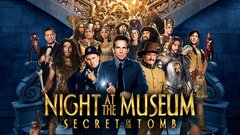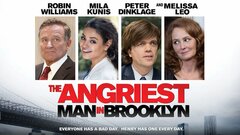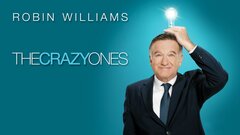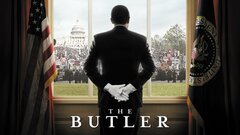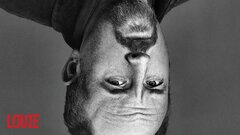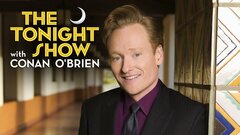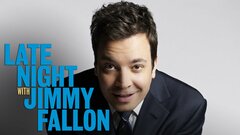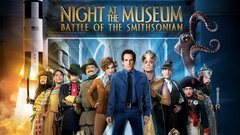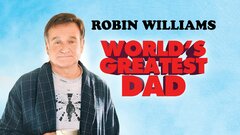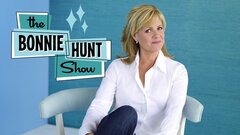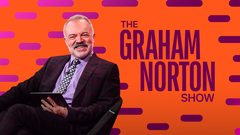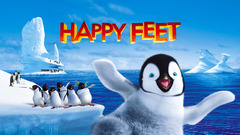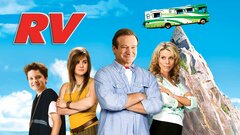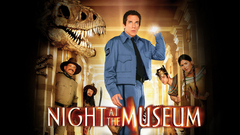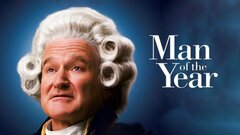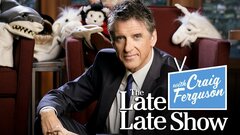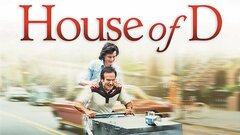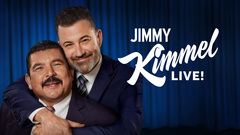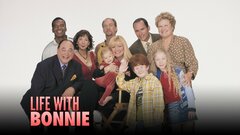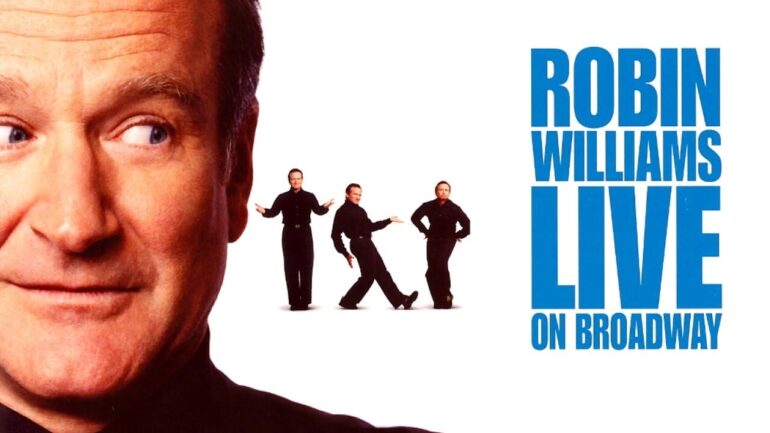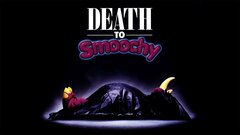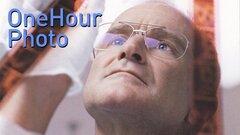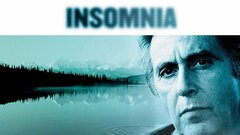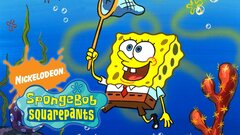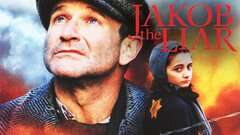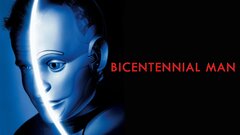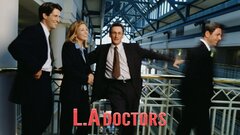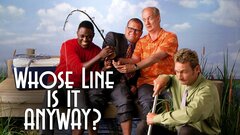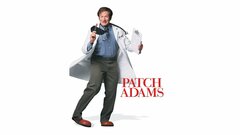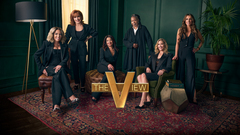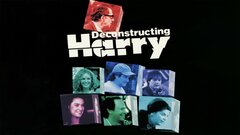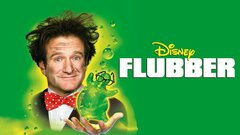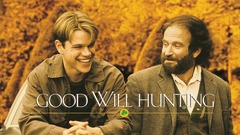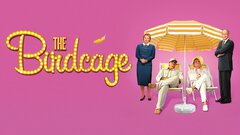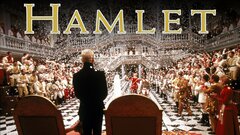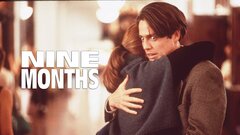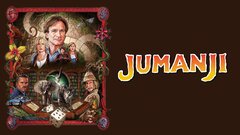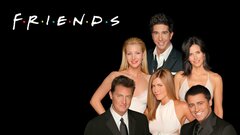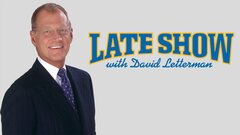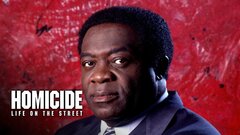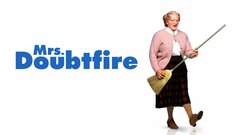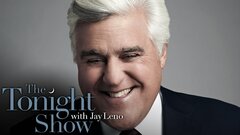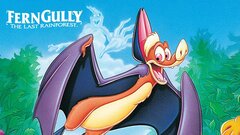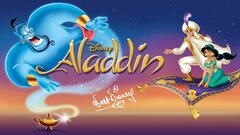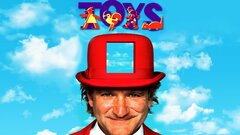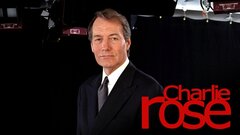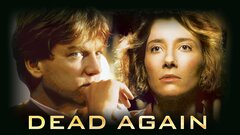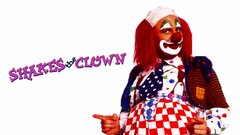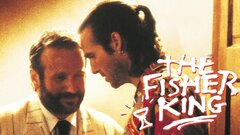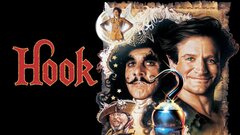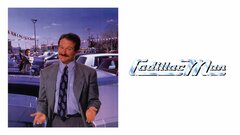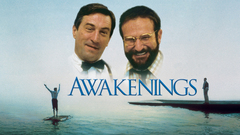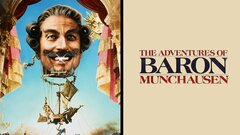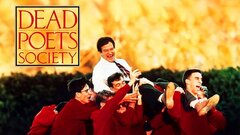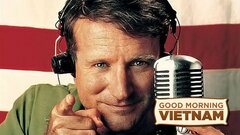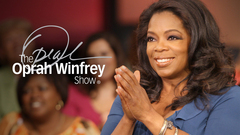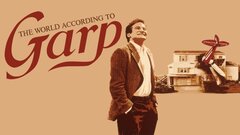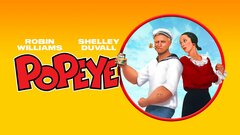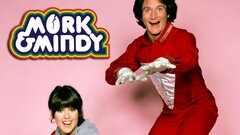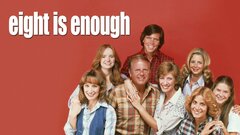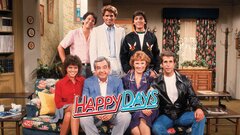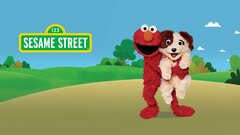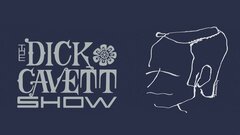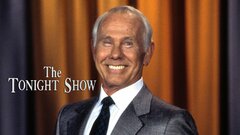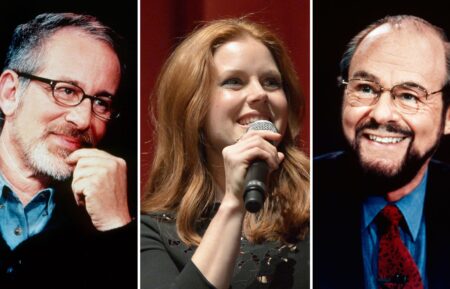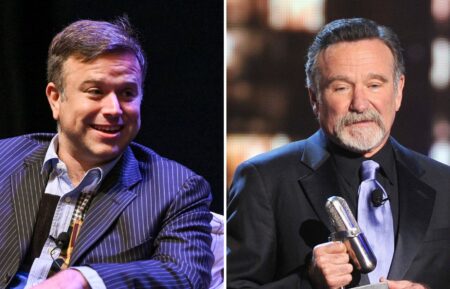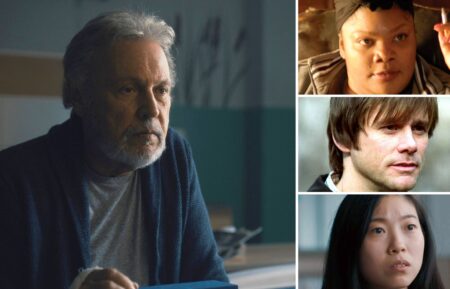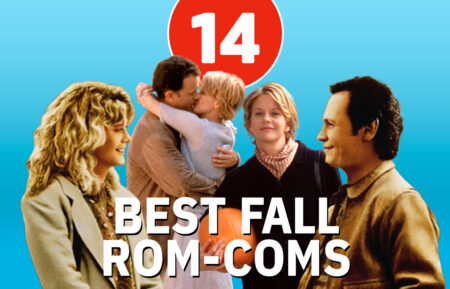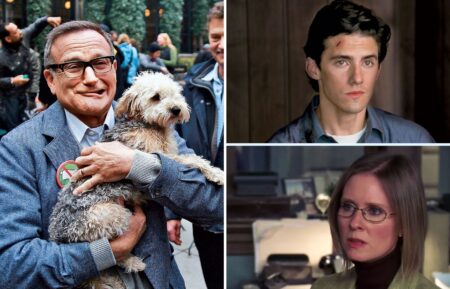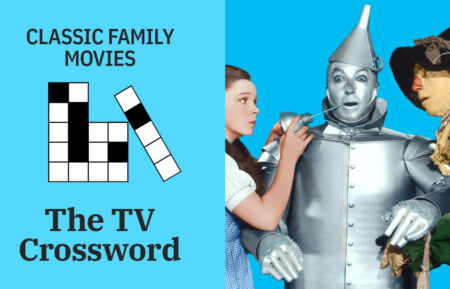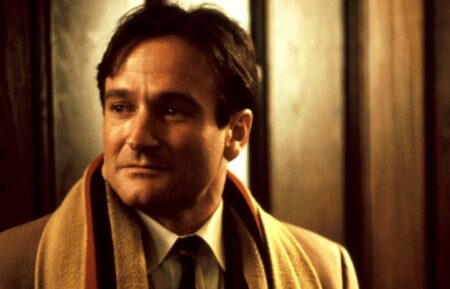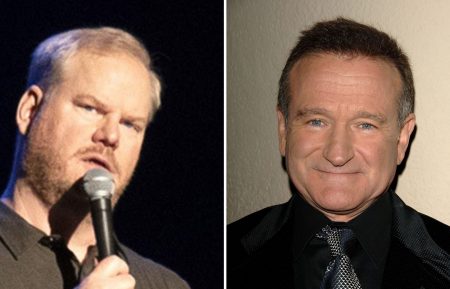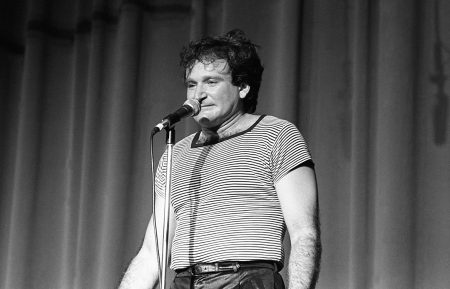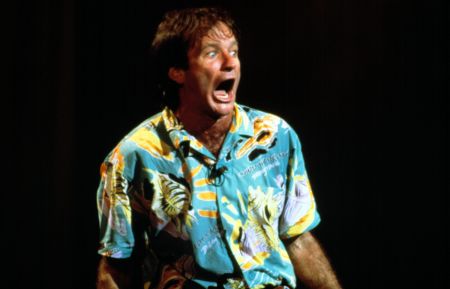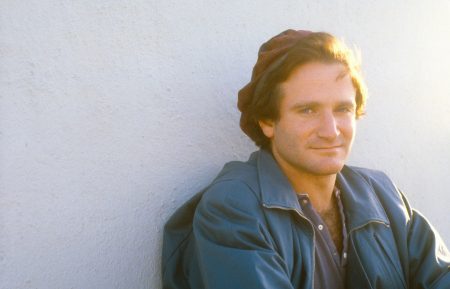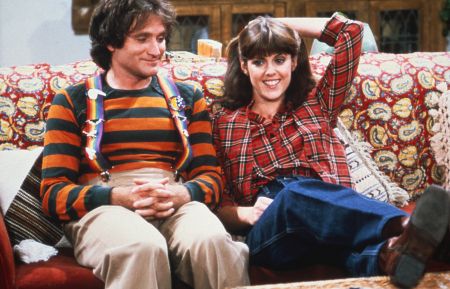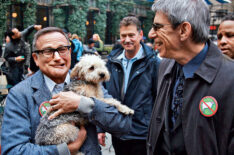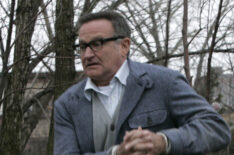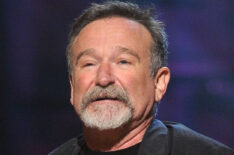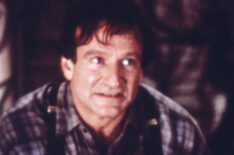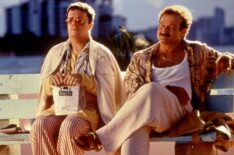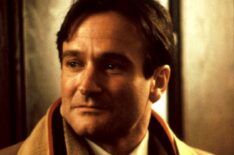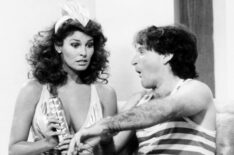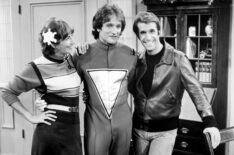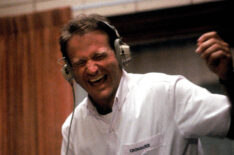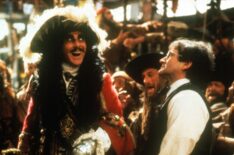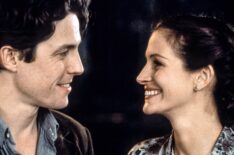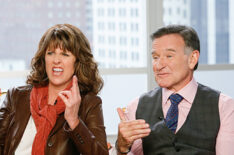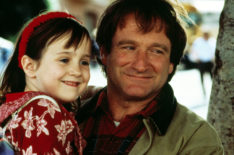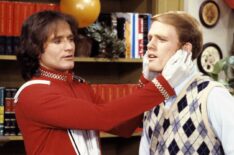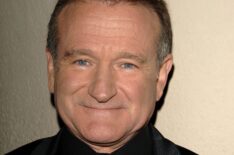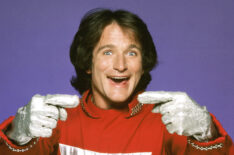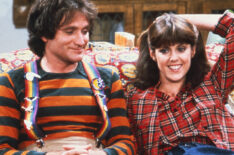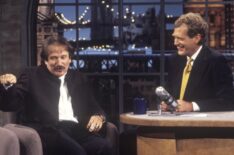A consistent audience favorite since he burst onto the small screen as a red-suited alien from planet Ork in 1978, the irrepressible and irreverent Robin Williams fittingly enjoyed one of Hollywood's most unique and long-lasting careers. His classical Juilliard **dramatic training coupled with his unequaled talents for improvisation led to award-winning roles** as outrageous comic characters in "Mrs. Doubtfire" (1993) and "The Birdcage" (1996) as well as subtle and well-observed dramatic figures in "The World According to Garp" (1982), "The Fisher King" (1991) and "Good Will Hunting" (1997).
Williams also maintained a reputation as one of the top stand-up comics in the history of the medium for his hyperkinetic act, which seemingly followed his every stray thought into energetic riffs and tangents as well as employing a spot-on mimicry of people of all stripes. Although the actor and comedian, who had long been upfront about his personal demons, had been battling severe depression for some time, his suicide on August 11, 2014 stunned his longtime friends and fans.
Robin Williams was born on July 21, 1951, the only child of a Ford auto executive and a former model from Mississippi. The well-to-do family lived outside of Detroit, MI, where Williams attended private school but was **a shy kid who largely entertained himself with his own imagination. When Williams was 16 years old, the family relocated to a town North of San Francisco, CA. In interviews, Williams recalled that when his parents took him to see Stanley Kubrick's "2001: A Space Odyssey" (1969) on the big screen in San Francisco, the teenager was not only amazed by the film but inspired to try acting. In his senior year, he joined the theater group at Redwood High School in Larkspur and made an impression on the student body, who voted him "Most Funny but Least Likely to Succeed." He went on to study political science at Claremont Men's College in Southern California, though he spent increasingly more time with the theater department.
Williams decided to major in theater and transferred back North to Marin College before landing a full scholarship to the best dramatic training ground in the country - the Juilliard School in New York City. He was one of only 20 incoming freshmen accepted that year, and shared that honor with his roommate Christopher Reeve - who would ironically find fame the same year as Williams by landing the lead in "Superman: The Movie" (1978). At Juilliard, Williams received classical dramatic training, honing his technique on Shakespeare and studying under famed actor John Houseman. He also earned money as a street performer, miming in white grease paint outside the Museum of Modern Art for change and applause. After three years, he returned to San Francisco, which was enjoying its heyday as a hotbed of stand-up and improv comedy. He became a regular on the scene and eventually made a trip to Los Angeles to try to book some stand-up shows. He debuted at the Improv in 1976, went on to play the Comedy Store, and immediately made an impression with his manic energy and his trademark baggy pants and loud shirts. Williams made his television debut as a member of the ensemble of a revival of "Laugh-In" (NBC, 1977-78) and followed up with the short-lived "Richard Pryor Show" (NBC, 1977).
In 1977, Williams showed up at an audition for a guest role as an alien on the top sitcom "Happy Days" (ABC, 1974-1984), and promptly got the part when he sat on his head in the office of producer Gary Marshall. His wildly popular debut on the show led to a recurring role, and by the start of 1978, the comic actor had a four-year contract to star in his own spin-off series, "Mork and Mindy" (ABC, 1978-1982). The show featured Williams as an émigré from the planet Ork who learns to adjust to American life with the help of a hip young music store clerk (Pam Dawber) who lets him live in her attic. Williams became an overnight sensation with a No. 3 rated show, a Golden Globe Award, and his likeness plastered on games, toys, and trinkets. His character's catchphrase "Nanu! Nanu!" even entered into the popular lexicon.
With such heady, seemingly overnight success, Williams landed his own HBO stand-up special "Off the Wall" (1978), and he his new wife Valeri Velardi spent their new fortune on a home in bohemian Topanga Canyon. Unfortunately, Williams also began spending his fortune up his nose, becoming a cocaine addict through the late 1970s into the early 1980s - a habit which no doubt put a strain on his marriage. Naturally, it was only a matter of time before directors demanded their turn at capturing Williams' razor-sharp, crazy talent on film. Unfortunately, his debut as the lead in "Popeye" (1980) was a disappointment on every level; audiences were thrown by director Robert Altman's purist vision, the acting was painful to watch, and the whole debacle an embarrassment for everyone involved. In fact, so bad was the film, that "Popeye" jokes would figure into Williams' stand-up for years after. That same year, the third season of "Mork and Mindy" found the show getting stale from the network's constant tinkering with their former hit, which was now lagging in the ratings. Some zest returned for the final season when Williams' real-life comedy hero Jonathan Winters joined the cast as the love child of the now-married title characters.
When Williams' series ended, Williams returned to the big screen in an unexpected capacity, as the star of the John Irving adaptation of "The World According to Garp" (1982). His first foray into dramatic territory was not immediately embraced, though the family drama did relatively well at the box office despite mixed reviews. Fans of the decidedly madcap Williams had their own offering that year, HBO's "An Evening with Robin Williams" (1982) which was filmed at San Francisco's Great American Music Hall.
Following a series of film comedies and the legendary HBO special "A Night at the Met" (1986) - perhaps his most famous concert film - which resulted in a Grammy winning comedy album, director Barry Levinson gave Williams' irreverence its best platform yet as Armed Services Radio DJ Adrian Cronauer in "Good Morning, Vietnam" (1987). Based on a real-life figure who boosted troop morale with his Saigon-based dispatches, Cronauer's unbridled comic ramblings and radio plays were actually improvised by the actor, and his outstanding performance earned a Best Actor Oscar nomination, in addition to over a $100 million dollars in ticket sales. Williams followed up his first bona fide comedy hit with a critically acclaimed dramatic role as an unconventional and inspirational prep school teacher in Peter Weir's "Dead Poets Society" (1989). While he occasionally flashed some of his trademarked shtick in the role, Williams showed considerable depth and inner life, earning himself Best Actor Oscar and Golden Globe Award nominations. Off-screen, Williams raised a few eyebrows that year when he married a second time to the woman who had formerly been his children's nanny during his first marriage, Marsha Garces.
Proving he was Juilliard through and through, Williams began to receive just as many dramatic offers as comical - a proposition which most comics pray for. He began exploring his interest in complex human characters, and showing a penchant for outsiders trying to connect with society. Penny Marshall cast him in "Awakenings" (1990) as a historic doctor who revived catatonic patients, for which he shared a Best Actor Award from the National Board of Review with co-star Robert De Niro and earned a Golden Globe nomination. Stephen Spielberg's bloated fantasy "Hook" (1991) was a certified blockbuster and one of the most popular films of the year - not to mention it introduced Williams to a new generation of fans - but it was Williams' turn in Terry Gilliam's stylish "The Fisher King" (1991) that won him critical favor. He took home his first Golden Globe award for the Herculean task of portraying an unhinged homeless man who enters into a curious, Biblical-inspired scenario with the shock-jock (Jeff Bridges) responsible for the traumatic murder of his wife. The film beautifully showcased Williams' dramatic capability and his ability to fuse it with the spontaneous energy of his comedy-based performances. It was a truly touching performance and one for which many felt he was robbed come Oscar time.
Williams was back in **high comic form the following year with the hugely successful animated Disney feature "Aladdin" (1992). Freed from the physical restrictions of live-action acting, Williams took off on inspired riffs, impersonating scores of cross-generational pop-culture icons from Arnold Schwarzenegger to William F. Buckley. He earned special recognition from the Golden Globes and another from the National Board of Review. Williams followed up with another box office triumph as one of the more iconic characters of his career, "Mrs. Doubtfire" (1993), for which Williams donned drag to play a doddering Scottish nanny in Chris Columbus' smash family comedy hit. He cemented his role as a family entertainment superstar with another box-office hit, the kids fantasy film "Jumanji" (1995). A more subdued performance as Armand, the nightclub owner with a high-strung drag queen lover (Nathan Lane), in "The Birdcage" (1996) - Mike Nichols' reworking of 1978's "La Cage aux folles" - followed. Somehow, Williams - who was capable of a killer stereotypical "gay" bit in all his stand-up - was able to reel it in enough to let Lane steal the show. Unfortunately, his hot streak was interrupted briefly by the overly sappy, "Jack" (1996) in which he tried valiantly to salvage the sentimental film about a ten-year-old with a genetic disorder. Williams returned to his classical roots to play the fop Osric in Kenneth Branagh's full-length "Hamlet" (1996) and rounded out a very diverse year by reprising his Genie role in the direct-to-video sequel "Aladdin and the Prince of Thieves."
In 1997, Williams and Billy Crystal - his co-host since 1986 of many HBO homeless fundraiser "Comic Relief" specials - teamed onscreen for the lamentable "Father's Day," a weak remake of a French farce. He rebounded - literally and figuratively - in another comic character-based family hit, Disney's "Flubber" (1997), which was a remake of 1961's considerably tamer "The Absent Minded Professor." Taking another turn toward the dramatic, Williams went on to deliver one of his best performances, earning a Best Supporting Actor Oscar for his role as a tough-love therapist trying to help a troubled genius (Matt Damon) in Gus Van Sant's "Good Will Hunting" (1997). It was a stunningly human portrait that unquestionably put Williams at the top of the list of Hollywood's most accomplished and versatile actors - and he owed it all to the two Hollywood newcomer screenwriters, Affleck and Damon - which many found ironic, Williams included. After a brief role as an actor whose life is so messy he literally becomes out of focus in Woody Allen's "Deconstructing Harry" (1997), Williams undertook the treacly fantasy "What Dreams May Come" and the shamelessly manipulative but crowd-pleasing "Patch Adams" (1998) - another character-based comedy about a clowny physician who uses comedy to ease the suffering of terminally ill children. It was the latter role which, for many, put an end to Williams' good will on the big screen, with fans calling foul on such pandering, ponderous drivel.
In danger of being typecast in broad family fare and yearning to expand his unending creativity into new realms, Williams made some unexpected, if uneven, choices at the turn of the new century. He lent his voice to the holographic Dr. Know in Stanley Kubrick's unsettling sci-fi tale "Artificial Intelligence: A.I." (2002) before a chilling role as a manipulative crime writer involved in a murder in "Insomnia" (2002), co-starring Al Pacino. The black comedy "Death To Smoochy" (2002) featuring Williams as a revenge-seeking children's' television show host replaced by a purple rhino, was a notorious box office flop but destined for cult status thanks to its satirical take on the TV business and an all-star cast including Edward Norton, Danny DeVito (who also directed) and Jon Stewart. The boldest departure from his film persona and one of his most memorable roles, Williams delivered an incredible three-dimensional performance as a quietly insane stalker in "One Hour Photo" (2002). Meanwhile, he directed his comic chops back to the stand-up arena after a long absence from the stage, inspired by a post-September 11th state of the world he wanted to address directly with audiences.
In 2004, Williams toured the country with his first full stand-up act in decades, devoting four months to appearances in small, theatrical venues, as well as entertaining troops with the USO in Iraq. That year, he also appeared as a mentally challenged janitor in David Duchovny's indie directorial feature debut "House of D," which also featured Williams' teenage daughter Zelda in the cast. The comic devoted another several months to touring in 2005, but he also returned to the family film fold with his show-stealing role in "Robots" (2005), voicing Fender, a robot whose body parts fall off at inopportune moments. In 2005, he was a memorable practitioner of vivid improvisation in the documentary film "The Aristocrats" (2005), a study of a legendarily filthy show biz joke dating back to vaudeville days. In addition to another U.S. comedy tour, Williams appeared in a staggering six features in 2006, beginning with "RV" (2006), a predictable family road trip comedy that somehow raked in over $80 million in box office receipts - $16 million on its opening weekend alone. It truly seemed like public acceptance of Williams on the big screen simply depended which way the wind blew, at times.
In August of 2006, Williams starred in "The Night Listener" (2006), a psychological thriller about a late-night radio host who develops an on-air relationship with a 14-year-old boy living with AIDS (Rory Culkin), until he begins to question his true identity and his past. Off the screen, Williams suffered his own identity crisis when, after 20 long years of sobriety, he began drinking again. He entered an in-patient rehab program that summer and was newly sober for the release of "Man of the Year" (2006), an unsuccessful political satire about a talk show host whose mock presidential run turns into an actual win. "Happy Feet" (2006), an animated family comedy banking on the penguin craze, was a modest hit but nothing compared to the blockbuster holiday release "Night at the Museum" (2006). Williams portrayed a wax exhibit of former president Theodore Roosevelt-come-to-life who dispenses advice to Museum of Natural History security guard (Ben Stiller).
Williams returned to the Iraq to entertain troops in 2007, and eschewed any big-budget starring roles in favor of a supporting role as a pushy priest in the lowbrow romantic comedy "License to Wed," and "August Rush," a critically panned melodrama about an orphan who seeks to find his parents through their shared musical gifts. Williams was slated to return to star billing in 2009 with another family comedy, "Old Dogs," but all the film work in the world could not soften the blow, when in March 2008, after nearly 20 years of marriage, Garces-Williams filed for divorce from her husband - rumored to have resulted from enduring her husband's substance abuse relapse. Diving into work to possibly ease the pain, the famed film actor took on a small but highly publicized role of a dark and disturbed killer on an episode of "Law & Order: SVU" (NBC, 1999- ). The following year, Williams was busy with a reprisal of his Theodore Roosevelt role for the sequel, "Night at the Museum: Battle of the Smithsonian" (2009), while joining John Travolta for the poorly received, but mildly successful comedy, "Old Dogs" (2009). But in March 2009, Williams suffered a health setback when he was hospitalized for heart problems. After postponing his one-man stand-up comedy act to replace his aortic valve, Williams returned with to the road with a vengeance for a 26-city tour that September. Ending later that December, the act was filmed for the HBO comedy special, "Robin Williams: Weapons of Self Destruction" (2009), which earned three Emmy Award nominations, including one for Outstanding Variety, Music or Comedy Special. Williams steered clear of screen work for awhile, opting to star in his first Broadway production Bengal Tiger at the Baghdad Zoo during 2011. Around the same time, he contributed his voice to the animated sequel "Happy Feet Two," and the following year, he popped up on the irreverent TV comedies "Louie" (FX, 2010-15) and "Wilfred" (FX, 2011-2014). Returning to film in 2013, most notably as President Dwight Eisenhower in "Lee Daniels' The Butler," Williams made his biggest mark of the year by taking on a lead part in the sitcom "The Crazy Ones" (CBS 2013-14) co-starring Sarah Michelle Gellar, with the duo playing father/daughter executives at an advertising agency. The show, created by TV mainstay David E. Kelley, received mixed reviews and struggled to maintain an audience; it was canceled after one season. Williams next starred in the small indie drama "Boulevard" (2014) opposite Bob Odenkirk, and Phil Alden Robinson's comedy-drama "The Angriest Man In Brooklyn" (2014), in which he played a cranky middle-aged man who discovers he has 90 minutes to live. Throughout his career, Robin Williams was relatively open about his struggles with substance abuse and depression, which included several stints in rehab for drug addiction and alcoholism. On the afternoon of August 11, 2014, after his body was found in his Marin County home, Williams' publicist said in a prepared statement that the actor and comedian had been **battling severe depression recently. He had undergone counseling in a rehab facility in Minnesota in July of that year. Robin WIlliams was 63 years old.







